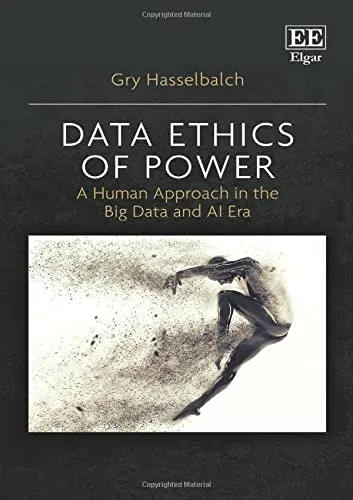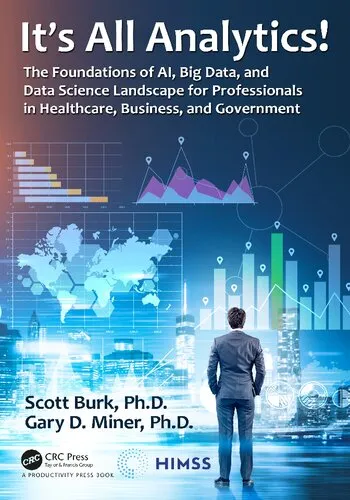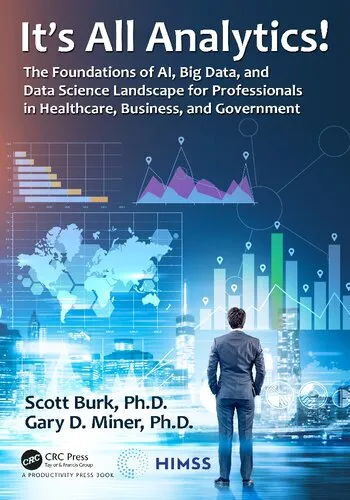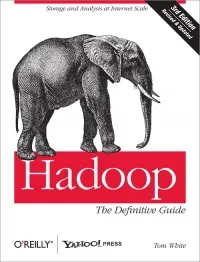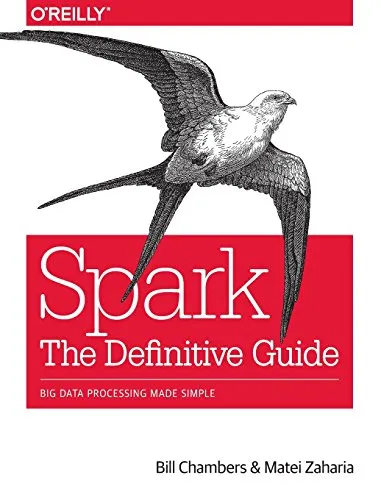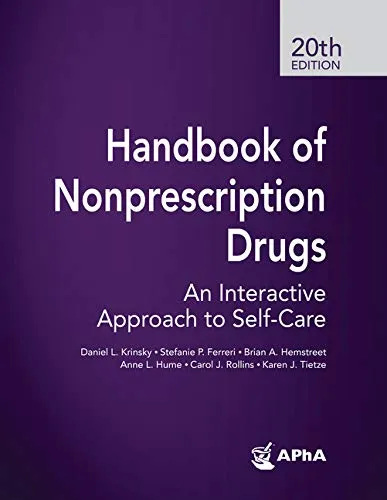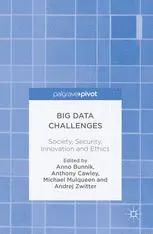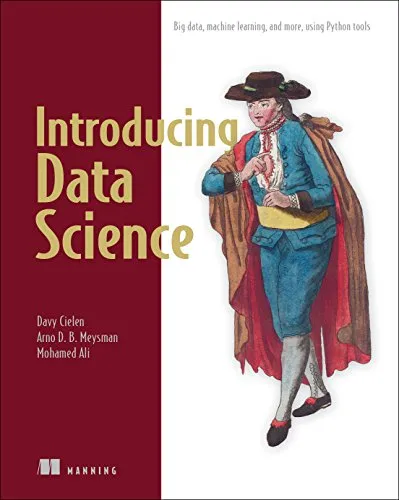The Ethics of Biomedical Big Data
4.5
Reviews from our users

You Can Ask your questions from this book's AI after Login
Each download or ask from book AI costs 2 points. To earn more free points, please visit the Points Guide Page and complete some valuable actions.Related Refrences:
Introduction to "The Ethics of Biomedical Big Data"
In the contemporary era of digital transformation, biomedical big data has emerged as a powerful force shaping the future of healthcare, medicine, and biomedical research. However, the collection, management, and use of this vast and complex data come with a host of ethical, social, and legal challenges. "The Ethics of Biomedical Big Data," edited by Brent Daniel Mittelstadt and Luciano Floridi, provides a comprehensive examination of these challenges, offering insights for researchers, policymakers, healthcare practitioners, and ethicists.
This book explores the multifaceted ethical dilemmas posed by the increasing reliance on biomedical data collected from sources such as electronic health records, biobanks, wearable devices, and genomic databases. By bringing together experts from diverse fields and disciplines, it provides a rich, interdisciplinary framework for addressing pressing ethical issues in the data-driven world of modern healthcare.
Detailed Summary of the Book
As the demand for personalized medicine and data-intensive research grows, so too does the need for ethical analysis of biomedical big data. This book is structured to guide readers through a range of critical topics while addressing fundamental questions such as:
- How do we ensure patient privacy while enabling lifesaving research?
- What frameworks are needed to balance data ownership, accessibility, and security?
- How can policymakers and researchers align ethical norms with the rapid pace of technological advancement?
Across its chapters, "The Ethics of Biomedical Big Data" examines practical case studies, ethical frameworks, and theoretical concepts. Topics covered include key issues such as informed consent in data collection, governance of health data infrastructures, and the ethical responsibilities of researchers utilizing large datasets. It further explores the societal implications of such data, including the risk of data misuse, biases in algorithmic decision-making, and challenges of equitable access to medical resources informed by big data insights.
Key Takeaways
This book is essential not just for its rigorous academic perspective, but for its actionable takeaways that help in understanding and navigating the ethical landscape of biomedical big data:
- Privacy Preserving Frameworks: The need for robust protocols that protect individual privacy while enabling data-sharing for research.
- Transparency and Accountability: Best practices for the ethical management of algorithms and models in data-driven healthcare.
- Equitable Data Access: Initiatives to reduce disparities in how data is used and distributed across socioeconomic groups.
- Informed Consent: Methods for improving the transparency and comprehension of data consent frameworks.
Famous Quotes from the Book
"To innovate ethically is to acknowledge that progress in biomedicine and data science must always be accompanied by a commitment to protect the dignity and autonomy of individuals."
"The ethical challenges of biomedical big data are not a temporary phenomenon—they demand constant vigilance as our technologies and societies evolve."
"Good ethics is not an obstacle to innovation; it is what ensures that innovation remains meaningful and beneficial to all."
Why This Book Matters
"The Ethics of Biomedical Big Data" is more than just an academic exploration of a pressing issue—it is a call to action. The book provides multidimensional insights that address the evolving intersection of technology, ethics, and medicine, making it a critical resource for shaping practices and policies that can positively impact lives.
At a time when data is heralded as the new oil, this book reminds us of the responsibilities accompanying the use of biomedical big data. It emphasizes the human element behind the datasets, where each datum represents a real person whose dignity and rights must be protected.
By reading and reflecting on the ideas presented, readers are empowered to contribute to a more ethical and equitable future in healthcare. Whether you are a healthcare professional, data scientist, ethicist, or policymaker, this book provides invaluable insights for understanding and addressing the ethical nuances of biomedical big data.
Free Direct Download
You Can Download this book after Login
Accessing books through legal platforms and public libraries not only supports the rights of authors and publishers but also contributes to the sustainability of reading culture. Before downloading, please take a moment to consider these options.
Find this book on other platforms:
WorldCat helps you find books in libraries worldwide.
See ratings, reviews, and discussions on Goodreads.
Find and buy rare or used books on AbeBooks.
1180
بازدید4.5
امتیاز0
نظر98%
رضایتReviews:
4.5
Based on 0 users review
Questions & Answers
Ask questions about this book or help others by answering
No questions yet. Be the first to ask!



